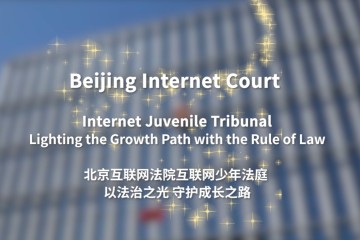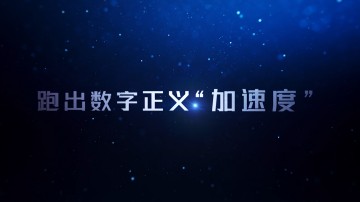What you need to know about trusted timestamping
A trusted timestamp is a complete and verifiable electronic voucher issued by a trusted timestamping service center, which is used to prove that the data message (electronic document) already existed at a time point. It is mainly used to prevent tampering and subsequent denial of electronic documents, and accurately determine when electronic documents came into being. China's laws and regulations on civil procedures and trials concerning internet-related cases validate the use of trusted timestamping as a source of digital evidence.
Compared with traditional ways of evidence collection, trusted timestamping is low-cost, efficient and easy to operate. It has been widely used in the evidence collection of intellectual property right-related cases.
Does it follow that trusted timestamping always prove the facts of a case? Let's find out from the following case study.
The plaintiff, the owner of the information network dissemination right of a film and television work, by providing fixed evidence via trusted timestamping, accused the defendant of infringing the plaintiff's information network dissemination right by providing the work at its self-operated mini program without the plaintiff's authorization.
The defendant denied the allegation by spotting discrepancies between the evidence collected through trusted timestamping by both parties, and the fact that the trusted timestamping app used by the plaintiff could not prove the cleanliness of the phone, nor that the WeChat app it used in timestamping was the official version, thus leaving it possible that information could be falsified.
After investigation, the court found out that there was an obvious contradiction between the actual update time of the work on the mini program and that shown in the plaintiff's evidence recording.
On the other hand, trusted timestamping prevents forging and tampering with the contents and signing time of electronic data by fixing the content integrity and time points which can then be used as digital evidence. But it does not have the probative weight on the reliability of the source of the data, which is subject to the design and selection of specific evidence collection procedures. In this case, the plaintiff failed to verify the authenticity of the WeChat app which it used in timestamping. Therefore the reliability of the digital evidence obtained from the app was in doubt.
According to the judicial interpretations of China's civil procedure law, if the authenticity of the facts being alleged cannot be determined, they should be considered non-existent. Therefore, the BIC did not support the plaintiff's claims of compensation and were thus unfounded.
Tips from the judge
Providers of digital evidence collection tools should strive to follow standardized official evidence collection processes, and execute the evidence collection in strict accordance with relevant guidelines, so as to ensure its effectiveness. Meanwhile, providers of digital evidence collection tools should provide scenarioized operational guidelines and keep them updated.
When conducting evidence collection via tools like trusted timestamping, applicants should not only strictly follow the procedure requirements, but also design a reasonable collection process using appropriate methods to meet different purposes so as to sustain the reliability of the evidence.
If a defendant does not acknowledge that they committed any rights infringement, on top of that denial they should also proactively seek counter evidence for effective refutation.

 Judicial White Paper
Judicial White Paper
 Play
Play Play
Play Online Lawsuit Guide
Online Lawsuit Guide Beijing Internet Court Lawsuit Service WeChat Account
Beijing Internet Court Lawsuit Service WeChat Account  Beijing Internet Court WeChat Account
Beijing Internet Court WeChat Account